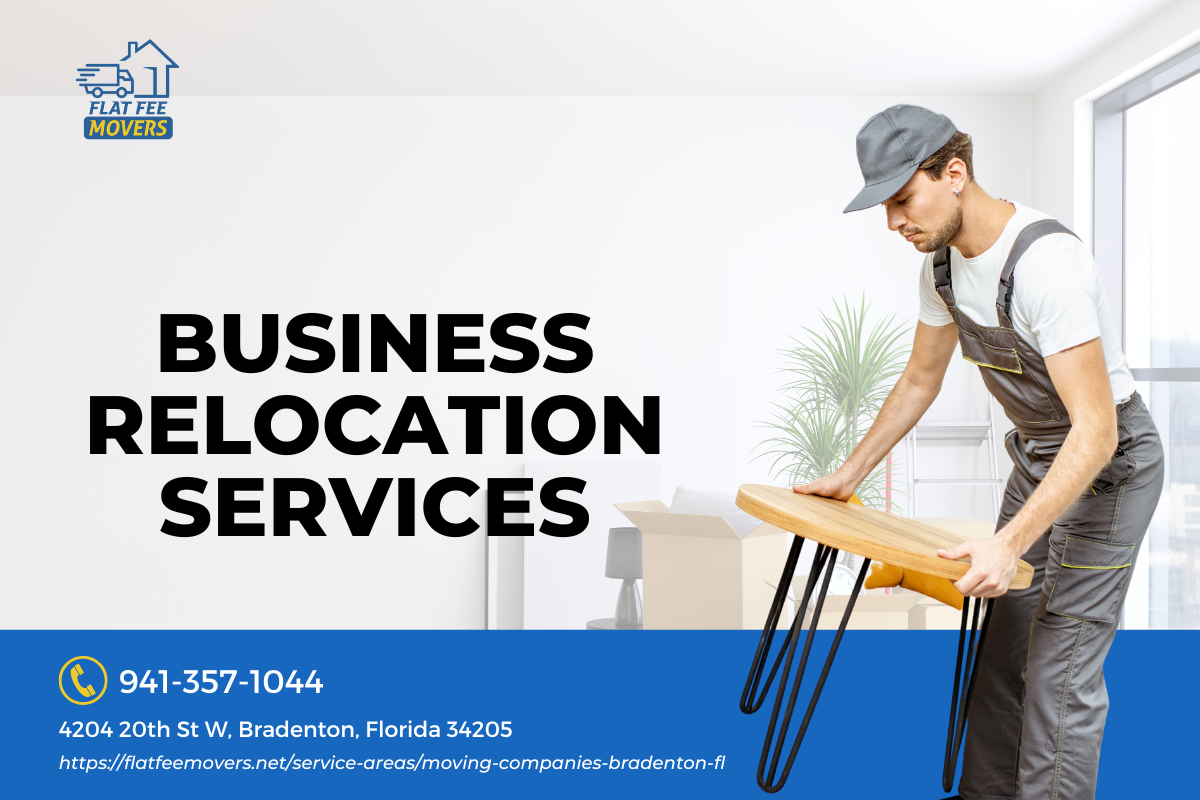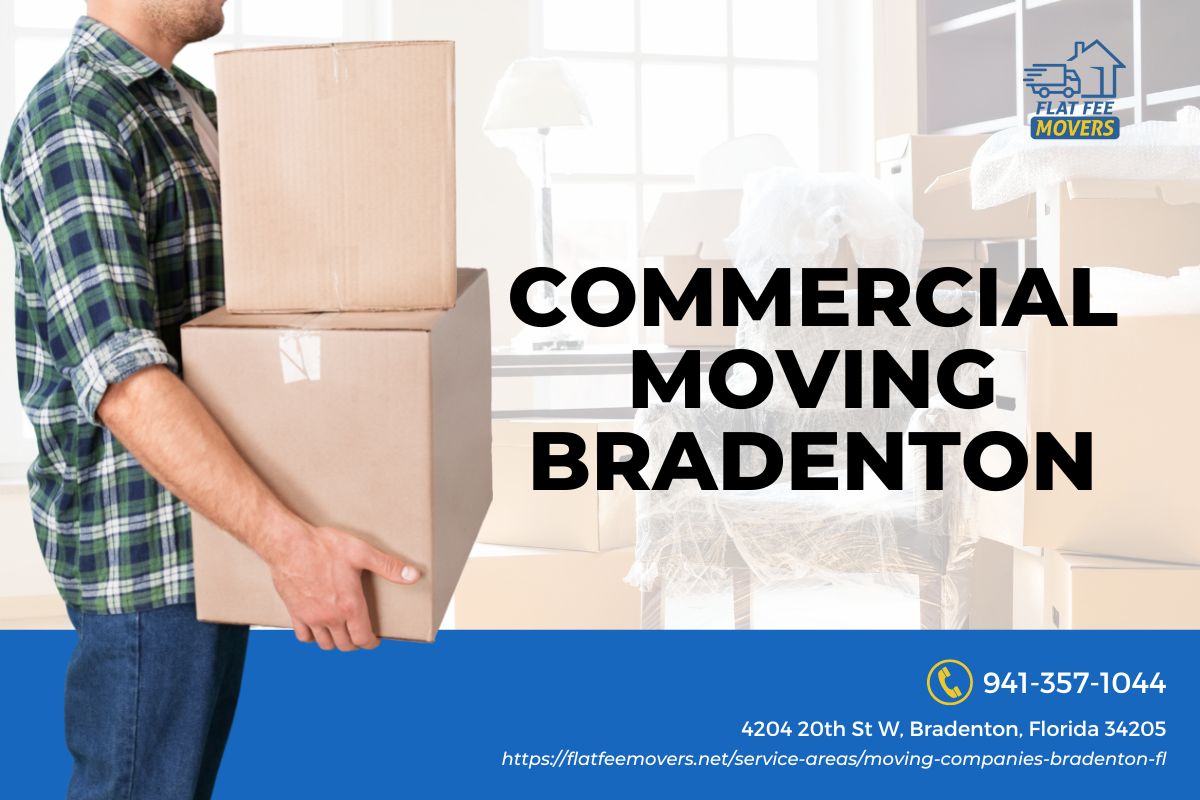


Introduction
In today's fast-paced business world, commercial relocations have become a common occurrence. Whether it's expanding to a new location, downsizing, or simply moving to a more strategic area, businesses often find themselves in need of professional assistance to ensure a smooth transition. This is where asset management plays a crucial role. Asset management involves the systematic handling of an organization's physical assets throughout the relocation process. From packing and transportation to installation and set-up, asset management ensures that everything is handled efficiently and effectively.
The Importance of Commercial Movers
What are commercial movers?
Commercial movers refer to professional companies that specialize in assisting businesses with their relocation needs. These movers have the expertise, experience, and resources necessary to handle all aspects of a commercial move, including asset management. They understand the unique challenges involved in relocating businesses and work closely with their clients to develop customized solutions.
Why do businesses need commercial movers?
Commercial http://knoxnmll842.wpsuo.com/commercial-movers-bradenton-experts-in-library-and-educational-institution-relocations moves are complex and require careful planning and execution. Businesses often have valuable equipment, furniture, and other assets that need to be transported safely and securely. In addition, there may be time constraints and deadlines that need to be met in order to minimize downtime and disruption to business operations. By hiring professional commercial movers, businesses can focus on their core activities while leaving the logistics of the move in capable hands.
Benefits of hiring commercial movers
Efficiency: Commercial movers have the expertise and resources to handle all aspects of a move efficiently. They can pack, label, and organize assets in a way that makes them easy to transport and install at the new location.
Safety: Professional movers have the necessary equipment and techniques to ensure the safe handling of delicate or valuable assets. They use specialized packing materials, secure storage solutions, and trained personnel to minimize the risk of damage during transit.
Time-saving: By entrusting the relocation process to commercial movers, businesses can save valuable time and focus on their day-to-day operations. The movers will take care of all the logistics, allowing employees to remain productive and minimize downtime.
Cost-effectiveness: While hiring professional movers may seem like an additional expense, it can actually save businesses money in the long run. Movers have the expertise to optimize space utilization during transportation, reducing the number of trips required. They also have insurance coverage that protects against loss or damage, minimizing financial risks.
Minimized disruption: Commercial movers understand that time is of the essence when it comes to business relocations. They work diligently to ensure that the move is completed swiftly and smoothly, minimizing disruption to daily operations.
The Role of Asset Management in Commercial Relocations
Asset management plays a crucial role in ensuring a successful commercial relocation. It involves the systematic handling of an organization's physical assets throughout the entire process – from planning and packing to transportation and installation. Effective asset management can help businesses save time, minimize costs, and reduce risks associated with moving valuable assets.
Planning and Inventory Management
One of the key aspects of asset management in commercial relocations is proper planning and inventory management. This involves assessing all assets that need to be relocated, creating a detailed inventory list, and developing a comprehensive plan for their transportation and installation at the new location.
By conducting a thorough inventory assessment, businesses can identify any items that may require special handling or storage conditions. This information allows commercial movers to allocate appropriate resources and develop customized solutions tailored to each asset's unique requirements.
Packing and Labeling
Proper packing and labeling are essential for efficient asset management during a commercial relocation. Commercial movers have experience in handling various types of assets – from office furniture to delicate electronics – and know how to pack them securely for transportation.
Each item should be labeled clearly with its corresponding location at the new site. This ensures that the movers can easily identify where each asset should be placed upon arrival, minimizing confusion and saving time during the unpacking process.
Transportation and Logistics
Transportation is a critical phase of any commercial relocation. Commercial movers have the necessary fleets, equipment, and personnel to handle the transportation of assets safely and efficiently. They take into account factors such as distance, traffic conditions, and any special requirements for fragile or valuable items.
During transportation, asset management involves tracking and monitoring each item's progress to ensure its safe arrival at the new location. This may involve implementing GPS tracking systems or other technologies to provide real-time updates on the location and condition of assets.
Installation and Set-Up
Once the assets have arrived at the new location, commercial movers assist with their installation and set-up. This includes positioning furniture, assembling equipment, connecting electronics, and ensuring everything is in working order.
Asset management plays a crucial role in this phase by coordinating the placement of assets according to the client's specifications. Movers work closely with businesses to ensure that each asset is installed in its designated location, maximizing efficiency and productivity.
FAQs
Q: How do I find reliable commercial movers? A: When searching for commercial movers, it's essential to do thorough research. Look for companies with experience in commercial relocations, positive reviews from past clients, and certifications or affiliations with industry organizations.
Q: What should I consider when planning a commercial relocation? A: When planning a commercial relocation, consider factors such as budget constraints, timeline requirements, specific needs of your business assets, and any legal or regulatory obligations associated with your industry.
Q: Can I handle a commercial move on my own? A: While it's possible to handle a commercial move without professional assistance, it can be challenging and time-consuming. Commercial movers have the expertise and resources to streamline the process and minimize risks.
Q: How far in advance should I book commercial movers? A: It's advisable to book commercial movers as soon as possible to secure your preferred dates and ensure proper planning. Ideally, start researching and contacting movers at least three months before your desired move date.
Q: What insurance coverage should I expect from commercial movers? A: Reputable commercial movers provide insurance coverage for loss or damage during transit. It's important to clarify the extent of coverage and any limitations before hiring a moving company.
Q: How can asset management help minimize downtime during a commercial relocation? A: Effective asset management ensures that assets are packed, transported, and installed efficiently, minimizing the time required for these processes. This helps businesses resume their operations quickly and reduces downtime.
Conclusion
Commercial relocations can be complex undertakings, but with the right asset management strategies in place, businesses can navigate the process seamlessly. By entrusting their relocation to professional commercial movers, businesses can save time, minimize costs, and reduce risks associated with moving valuable assets. Asset management plays a crucial role in ensuring that assets are handled efficiently throughout the entire relocation process – from planning and packing to transportation and installation. With proper planning, inventory management, packing, labeling, transportation logistics, and installation set-up, commercial movers enable businesses to relocate smoothly while minimizing disruption to daily operations.